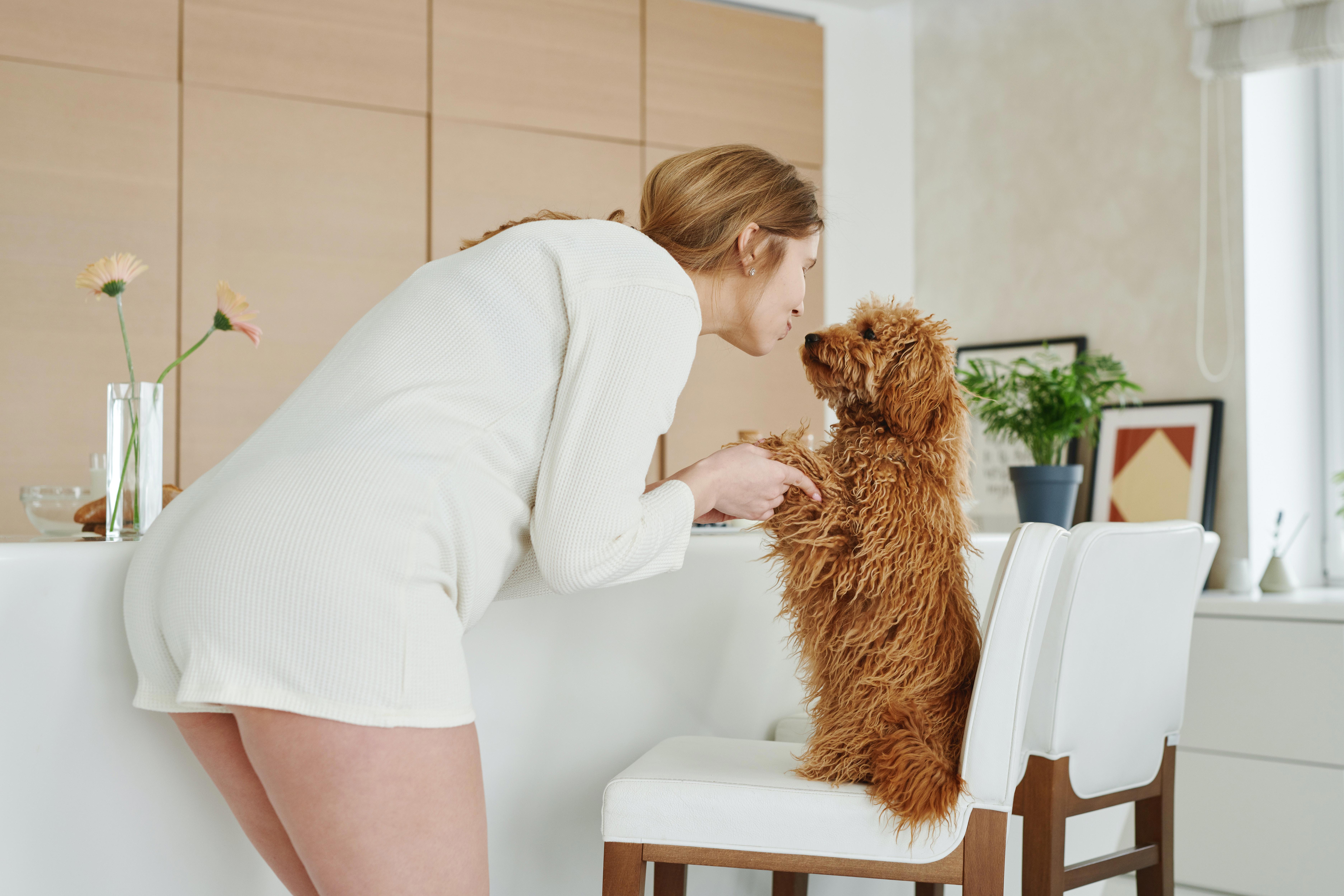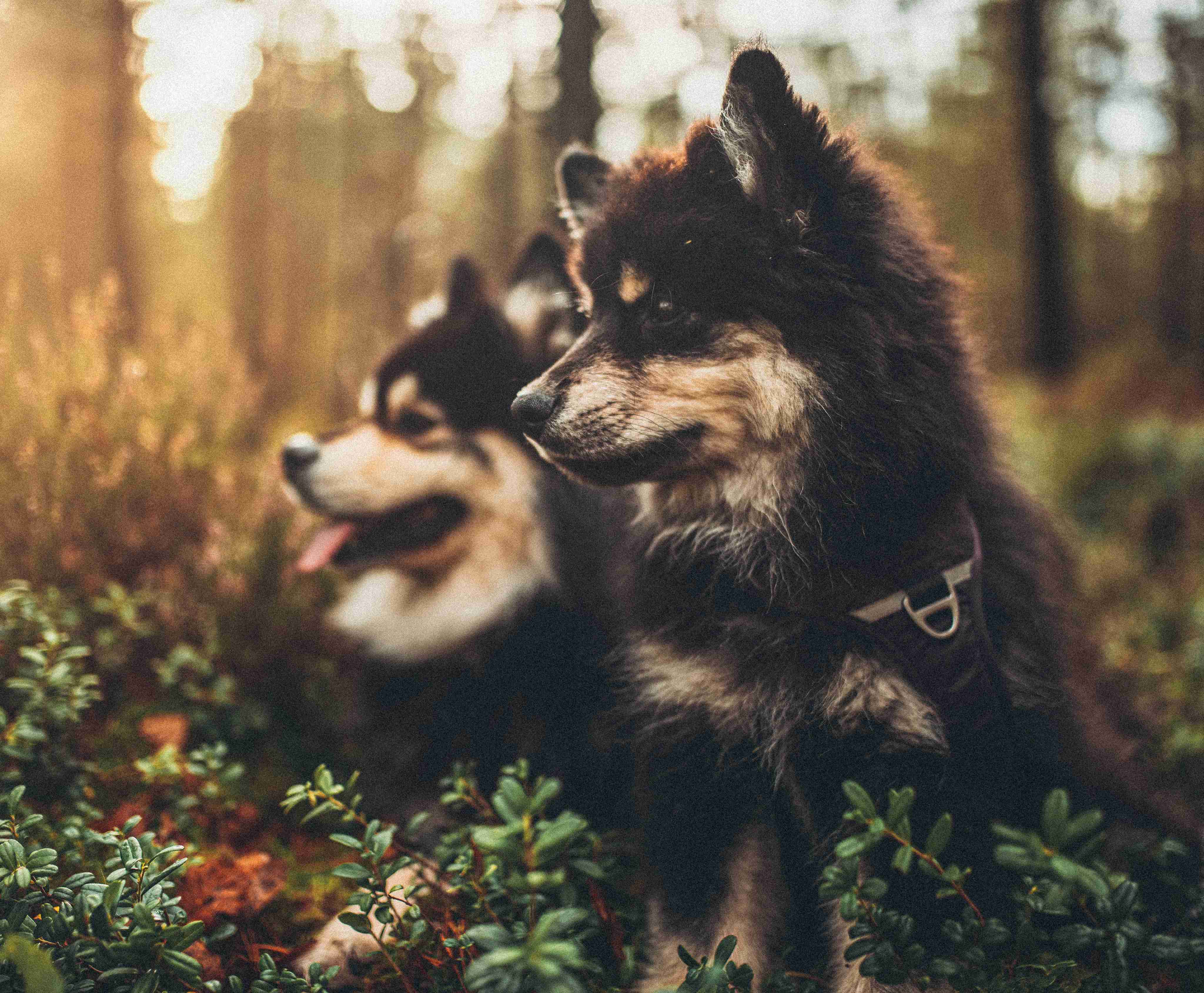It’s no secret that Bernese Mountain puppies are some of the most adorable and lovable creatures on the planet. But despite their cute and cuddly exterior, these furry friends can sometimes be prone to excessive barking at night, which can be both frustrating and exhausting for their owners. If you’re struggling to get a good night’s sleep because of your Bernese Mountain puppy’s incessant barking, don’t worry – you’re not alone. In this blog post, we’ll explore some effective methods for teaching your furry friend how to stop barking excessively at night, so you can both enjoy a peaceful and restful sleep.
Bernese Mountain puppies are adorable, cuddly, and lovable pets. However, they can also be quite vocal, especially at night. If you have a Bernese Mountain puppy that barks excessively, you know how frustrating it can be. Not only does it disturb your sleep, but it can also disturb your neighbors. In this blog post, we will discuss some effective methods for training your Bernese Mountain puppy to stop excessive barking at night.
1. Understand Why Your Puppy is Barking:
The first step in training your Bernese Mountain puppy not to bark excessively at night is to understand why they are barking. Puppies bark for a variety of reasons, such as:
– Fear or anxiety
– Boredom or loneliness
– Attention-seeking behavior
– Territorial behavior
Once you understand why your puppy is barking, you can start to address the underlying issue.
2. Provide Your Puppy with Adequate Exercise:
One of the most common reasons for excessive barking in puppies is boredom or lack of exercise. Bernese Mountain puppies are active dogs that require daily exercise to stay healthy and happy. If your puppy is not getting enough exercise during the day, they may become restless and bark excessively at night.
To prevent this, make sure your puppy gets enough exercise during the day. Take them for walks, play fetch, or engage them in other physical activities. This will tire them out and reduce their need to bark at night.
 - Copy - Copy.png)
3. Create a Calm Sleeping Environment:
Another reason why your Bernese Mountain puppy may bark excessively at night is that they are not comfortable in their sleeping environment. Make sure your puppy has a comfortable bed, with soft bedding and blankets. It should be in a quiet and dark area of the house, away from any distractions.
4. Train Your Puppy to be Quiet on Command:
Training your puppy to be quiet on command is an effective method for reducing excessive barking. Start by teaching your puppy a quiet command, such as quiet or enough. When your puppy starts barking, use the command and reward them when they stop barking.
Repeat this process several times a day, until your puppy learns to associate the command with quiet behavior. This will take some time and patience, but it is a very effective method for reducing excessive barking.
5. Use Positive Reinforcement:
Positive reinforcement is another effective method for training your Bernese Mountain puppy not to bark excessively at night. When your puppy is quiet, reward them with treats or praise. This will reinforce the behavior and encourage them to continue being quiet.
However, it is important to avoid punishing your puppy for barking. This can lead to more anxiety and fear, which can actually increase barking behavior.
Training your Bernese Mountain puppy not to bark excessively at night requires patience, consistency, and positive reinforcement. By understanding why your puppy is barking, providing them with adequate exercise, creating a calm sleeping environment, training them to be quiet on command, and using positive reinforcement, you can reduce excessive barking and enjoy peaceful nights with your furry friend. Remember, training takes time and effort, but the rewards are well worth it.
Teaching your Bernese Mountain puppy not to bark excessively at night can be a challenging task, but with patience, consistency, and the right methods, you can help your furry friend learn to be quiet and calm during the night. Remember to keep your expectations realistic, reward good behavior, and never punish your puppy for barking. With time and effort, you can create a peaceful and harmonious environment for you and your beloved companion.


%20-%20Copy%20-%20Copy.png)
%20-%20Copy.png)
%20-%20Copy%20-%20Copy.png)

%20-%20Copy.png)
%20-%20Copy.jpg)
